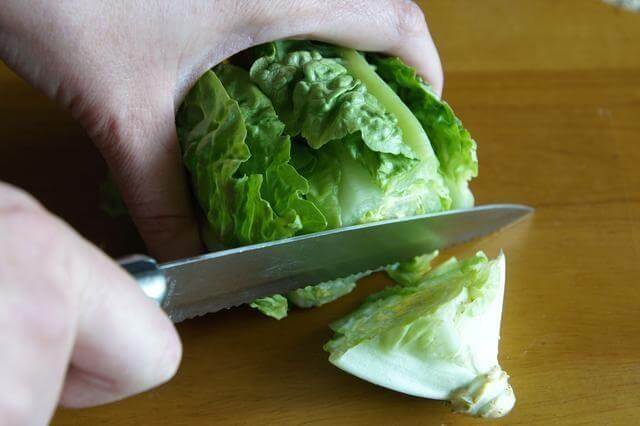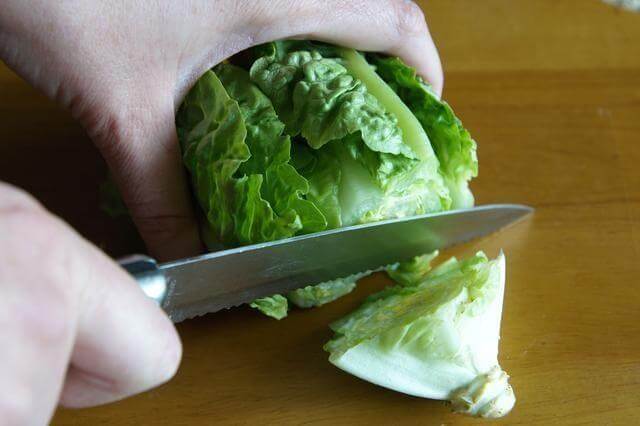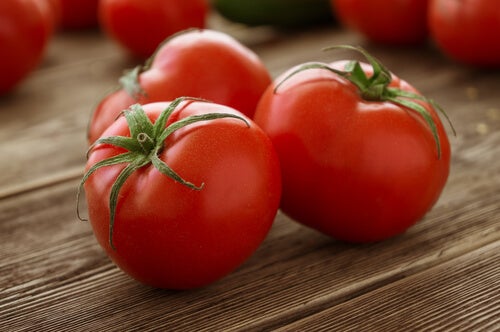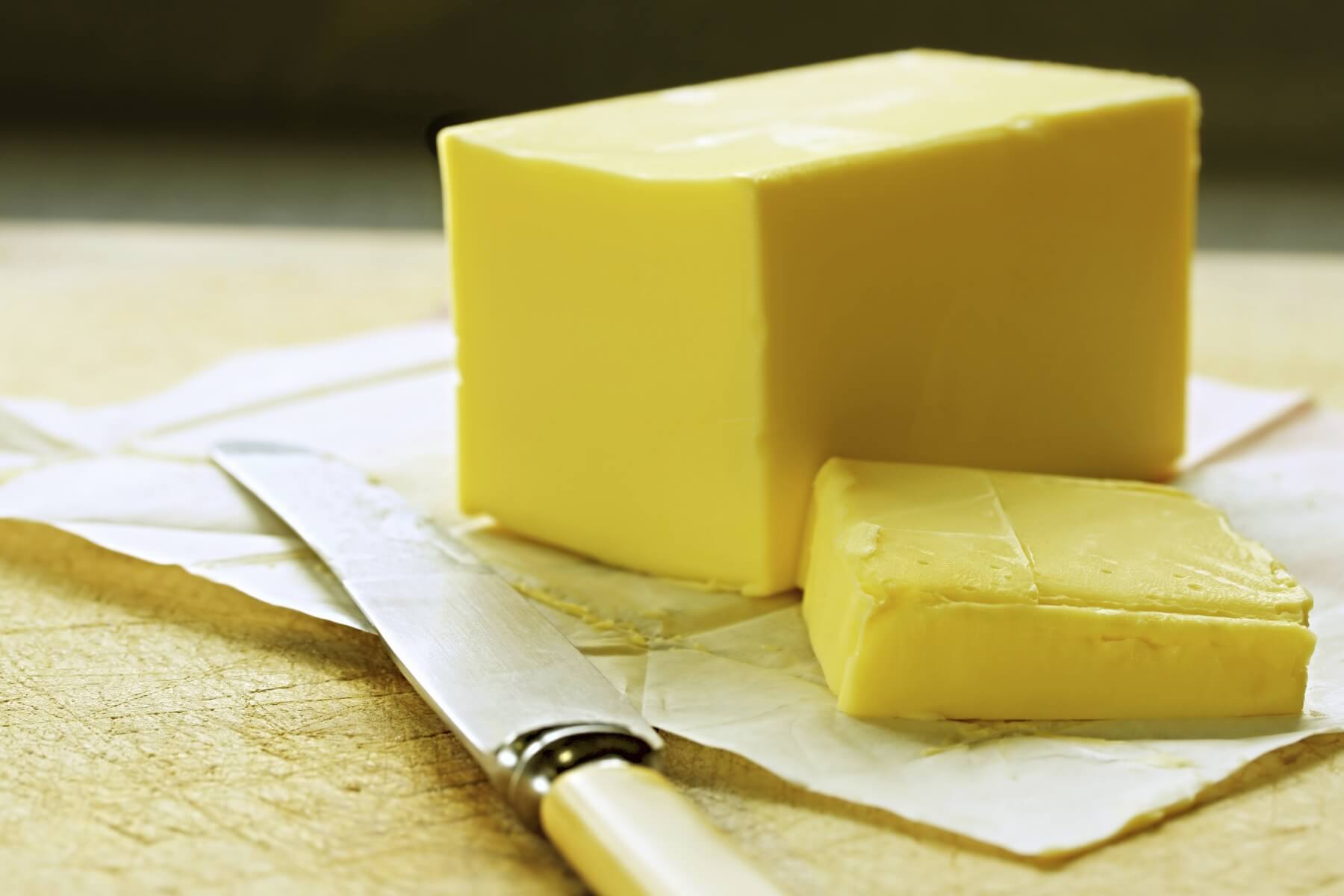9 Foods You Didn’t Know You Could Freeze

Food waste continues to be a serious problem around the world. Unfortunately, it is estimated that between 30 and 40% of food destined for human consumption ends up in landfills. Did you know that you can freeze those foods that you are not going to use soon?
While a significant part is lost in the field and during processing and transportation, the majority occurs in refrigerators and pantries, just when it could have been avoided.
The problem is that many are unconcerned about this situation and ignore that an important part of perishable food can be preserved for longer with methods such as freezing.
While this involves a change in their taste and texture, it is a great way to make the most of their shelf life to avoid discarding them and save money.
Put it into practice!
Food you can freeze
1. Bananas
Overripe bananas, those that turn brown, can be frozen unpeeled for use in various types of recipes.
Leaving them at room temperature accelerates their decomposition process. Thus, it is best to take them to the fridge so that they do not spoil.
When needed, they can be microwaved and then added to cakes, muffins, or banana bread.
2. Avocados
Most know that, once cut, avocados tend to turn brown and have an unpleasant texture.
Although the unused parts can be used in masks and natural cosmetics, they can also be stored in the refrigerator for consumption.
Put the remaining avocado pulp in an airtight container, add a little lemon juice. They will keep in the refrigerator for up to a week.
3. Coffee
Did you have some brewed coffee left? Instead of pouring it down the drain, add it to an ice cube tray and use it for your cocktails or recipes.
In fact, due to the temperature it acquires, you can also use them as a treatment for wrinkles, cellulite and other skin problems.
4. Fresh herbs
Coriander, parsley, and other fresh herbs all turn dark when they begin to break down.
This situation is unavoidable but, in order not to waste them, they can be chopped into small pieces to be frozen.
Pour the plants into an ice bucket, cover them with olive oil and leave them in the freezer for as long as you like.
In this way you can use them in soups, stews and many other recipes that require a touch of flavor.
5. Lettuce

Although it is most advisable to consume fresh lettuce to enjoy all its nutritional properties, it can be frozen when it runs the risk of decomposing before consumption.
For this you must prepare a puree with the leaves and a little water. Later this puree is introduced in an ice bucket to make ice.
Juice cubes can be incorporated into smoothies and soups for added flavor and nutrients.
6. Grapes
Grapes are one of the fruits that are very easily damaged when they reach a certain degree of maturity.
Luckily, these can be kept in the freezer to be enjoyed in recipes like juices, cakes, and some cocktails.
7. Tomatoes

On several occasions it has been recommended not to put tomatoes in the refrigerator to avoid losing some of their nutritional qualities.
However, when these are overripe and look like they are going to go bad, they can be kept in the freezer for recipes like tomato paste and stews.
8. Cheeses
Although many foods high in fat, cream, and water are not recommended for freezing, many types of cheese can be stored longer using this method.
The question is knowing how to choose them. Fresh cheeses, ricotta, and cottage cheese tend to spoil after being frozen.
On the other hand, cured or mature cheeses withstand the changes that this temperature implies and can be kept that way for a long time.
The ideal is to freeze them in blocks so that they do not present so many alterations in their texture and flavor.
9. Margarine and butter

Both margarine and butter can be frozen. Of course, as long as all the food handling rules are complied with.
It is essential to know that they are foods susceptible to certain pathogens. Therefore, they should be kept in airtight containers, separate from other foods.
As you can see, freezing prolongs the usefulness of many foods that tend to spoil quite easily.
Use this method when you consider it necessary, although it is best to try to acquire moderate portions to use only fresh food.









